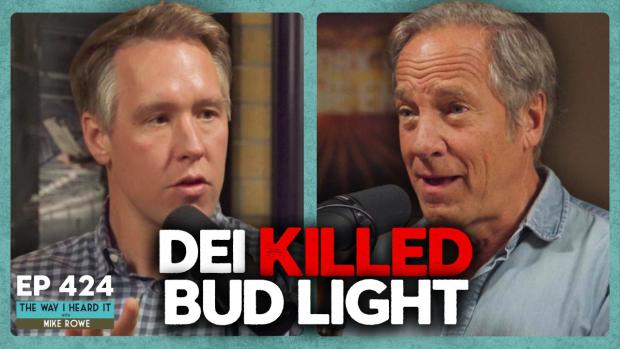
Breaking News
 Impeach Bondi? Trump Administration Fails to Release Epstein Documents
Impeach Bondi? Trump Administration Fails to Release Epstein Documents
 Is Yen Carry Trade's unwind about to trigger a repo market meltdown? Let's dive into the mec
Is Yen Carry Trade's unwind about to trigger a repo market meltdown? Let's dive into the mec
 Chairman Rand Paul Releases New Report Revealing Hundreds of Billions...
Chairman Rand Paul Releases New Report Revealing Hundreds of Billions...
Top Tech News
 This tiny dev board is packed with features for ambitious makers
This tiny dev board is packed with features for ambitious makers
 Scientists Discover Gel to Regrow Tooth Enamel
Scientists Discover Gel to Regrow Tooth Enamel
 Vitamin C and Dandelion Root Killing Cancer Cells -- as Former CDC Director Calls for COVID-19...
Vitamin C and Dandelion Root Killing Cancer Cells -- as Former CDC Director Calls for COVID-19...
 Galactic Brain: US firm plans space-based data centers, power grid to challenge China
Galactic Brain: US firm plans space-based data centers, power grid to challenge China
 A microbial cleanup for glyphosate just earned a patent. Here's why that matters
A microbial cleanup for glyphosate just earned a patent. Here's why that matters
 Japan Breaks Internet Speed Record with 5 Million Times Faster Data Transfer
Japan Breaks Internet Speed Record with 5 Million Times Faster Data Transfer
 Advanced Propulsion Resources Part 1 of 2
Advanced Propulsion Resources Part 1 of 2
 PulsarFusion a forward-thinking UK aerospace company, is pushing the boundaries of space travel...
PulsarFusion a forward-thinking UK aerospace company, is pushing the boundaries of space travel...
 Dinky little laser box throws big-screen entertainment from inches away
Dinky little laser box throws big-screen entertainment from inches away
 'World's first' sodium-ion flashlight shines bright even at -40 ºF
'World's first' sodium-ion flashlight shines bright even at -40 ºF
A Masterclass In The Collapse Of Woke Culture With Anson Frericks

Maybe it's because of the business I'm in, or maybe it's because I've been boycotted myself on several occasions. Or maybe it's just because I used to drink a lot of beer. Whatever the reason, I've been fascinated by the demise of Bud Light, and the way in which one of America's most enduring brands managed to destroy decades of good will with a single, boneheaded decision, followed by a complete unwillingness to fix it. What a story.
This week, I sit down with Anson Frericks, a former executive at Bud Light who had a front row seat to the events that led to one of the greatest marketing disasters in modern history. His new book, Last Call for Bud Light, is fantastic, and our conversation, modesty aside, is absolutely worth your time.
Spoiler Alert—what happened at Bud Light was not unique to Anheuser Bush. Over the last decade or so, dozens of companies and corporations have slowly abandoned their commitment to building "shareholder value" in favor of building something called "stakeholder value." Specifically, at the insistence of Blackrock, State Street, and Vanguard. Known as The Big Three, these massive institutional investors manage over $20 trillion of American wealth, some of which is almost certainly in your IRA or 401K. They have also led the charge to elevate a long list of causes that focus on DEI, (diversity, equity and inclusion,) and more significantly ESG, (Environmental Social Governance.)
Beneath the marketing debacle at Bud Light is the story of how The Big Three applied extraordinary pressure to the thousands of publicly traded companies they now influence. Pressure to hire based on color, ethnicity, and sexual preference. Pressure to fall in line with all sorts of climate-related dogma. Pressure to embrace a long list of social justice and environmental causes that have absolutely nothing to do with fairness or meritocracy, and everything to do with elevating a cosmetic agenda around identity, race, and social activism.
What a relief to see America finally awaken from this fever-dream of sanctimony and virtue-signaling. What a relief to see so many companies and corporations finally come to their senses, as they backtrack from so many ill-conceived policies. Hopefully, this excellent book will inspire other business leaders to avoid the mistakes that were made at Bud Light. Or better yet, encourage them to start listening to the only stakeholders that matter—their customers.



